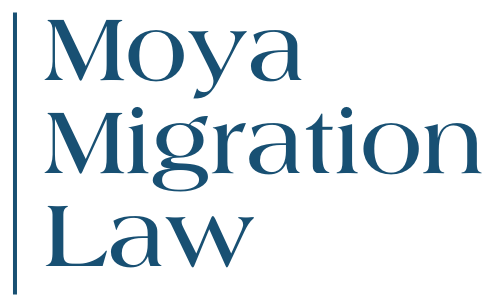Request Free
15-Min Consultation
Our Services for Citizenship (Adopted Children)
Adoption & Citizenship Pathway Assessment
We assess your adopted child’s situation, considering adoption type (Hague, bilateral, expatriate, domestic) to determine the correct citizenship pathway.
Citizenship Application & Document Preparation
Our lawyers guide you in preparing the citizenship application (conferral or descent), compiling adoption orders and all required evidence.
Navigating Complex Adoption Scenarios
We provide experienced advice for complex cases, including adoptions finalised overseas or when permanent residency for the child is a prerequisite.
Request Your Free 15-Minute Consultation
We encourage a free 15-minute call to discuss your situation & map out a path to securing your Australian Citizenship by adoption.
What Our Happy Clients Say
Hear directly from our successful learners.
Request Your Free
15-Min Consultation
Navigating Citizenship for Adopted Children
Securing Australian citizenship for an adopted child involves navigating complex legal pathways, not a single route. The correct approach depends heavily on how and where the adoption was finalised (e.g., Hague Convention, bilateral agreement, expatriate, or domestic adoption) and the child’s current visa status.
Mistakes in identifying the right pathway or meeting specific criteria (like parental residency for some descent claims) can lead to delays or application issues. Experienced legal advice is crucial to ensure the correct process is followed for your adopted child’s circumstances.
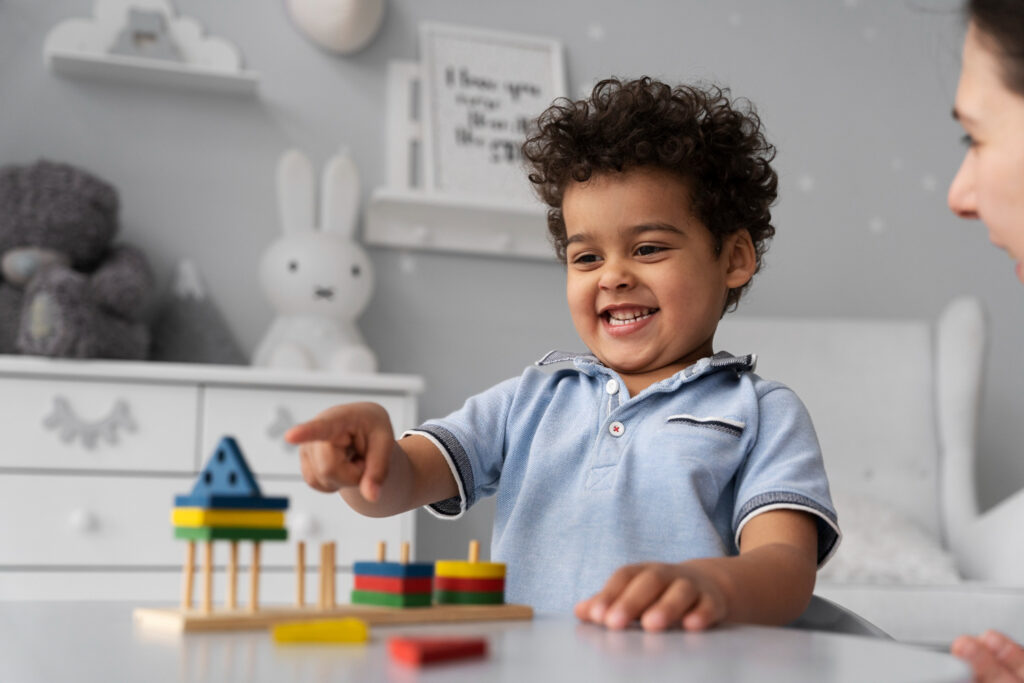
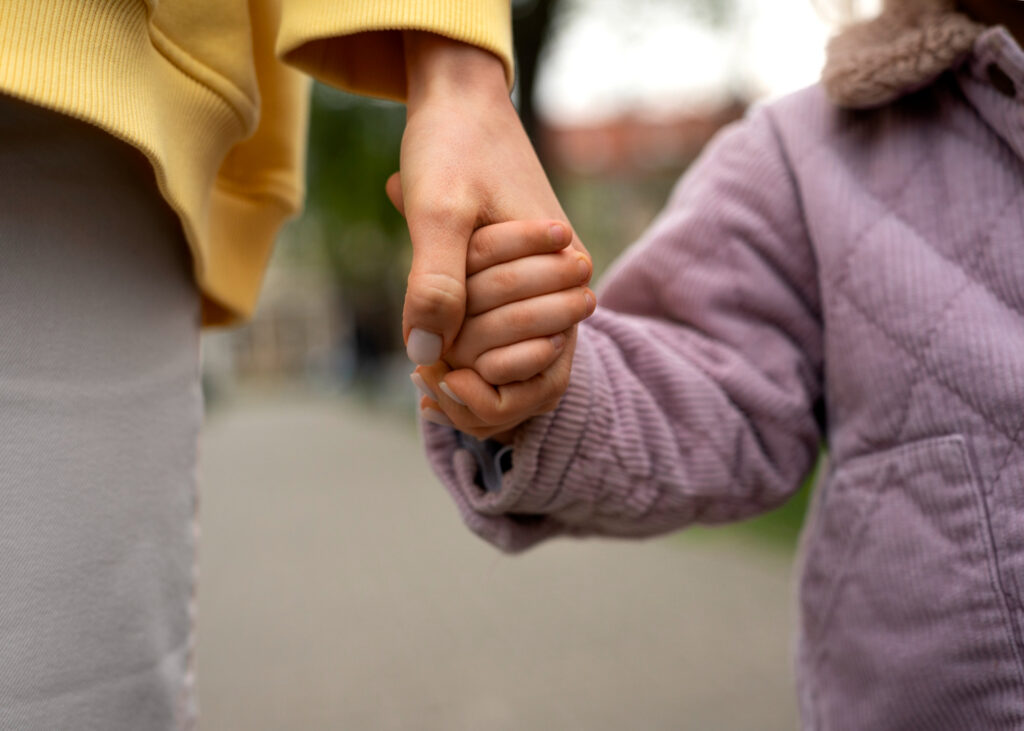
Obtaining Permanent Residency as a Citizenship Pathway for Adoptees
In several adoption scenarios, particularly for children adopted overseas by Australians living abroad or through certain international agreements, Australian permanent residency must be obtained first. An Adoption visa (Subclass 102) or Child visa (Subclass 802) is typically required before an application for citizenship by conferral can be made.
Understanding these initial visa requirements is essential for a successful transition to Australian citizenship for your adopted child.
Why Choose Moya Migration Law for Your Adopted Child's Citizenship?
Securing Australian citizenship for an adopted child can involve navigating intricate legal pathways. Moya Migration Law offers experienced legal guidance to identify the correct citizenship route, prepare a comprehensive application, and manage complex adoption scenarios effectively.
Experiencedise in Adoption & Citizenship Law
Our lawyers understand the varied pathways to citizenship for adopted children, including automatic acquisition, conferral, and complex descent claims.
Client-Focused & Empathetic Guidance
We provide personalised, supportive advice, understanding the unique family circumstances and legal intricacies of each adoption citizenship case.
Strategic Pathway & Document Preparation
We meticulously assess your child’s adoption type to determine the correct citizenship strategy, ensuring all required documents are accurately prepared.
In-Depth Knowledge of Citizenship & Adoption Law
Our thorough understanding of the Australian Citizenship Act and adoption laws (including Hague Convention) ensures experienced handling.
Request Your Free
15-Min Consultation
Our 5-Step Australian Citizenship Process for Adopted Children
Securing Australian citizenship for an adopted child involves navigating specific legal pathways. Moya Migration Law provides a clear, structured process, offering experienced guidance from assessing eligibility to celebrating your child’s citizenship.
1
Initial Consultation & Pathway Assessment
We review your child’s adoption details (type, location) and visa status to determine the most appropriate Australian citizenship pathway.
2
Eligibility & Document Verification
Our team meticulously verifies eligibility against the chosen pathway and assists in gathering all required adoption orders and identity documents.
3
Comprehensive Application Preparation
We prepare the correct citizenship application (e.g., conferral, descent, or confirming automatic acquisition) with detailed supporting statements.
4
Application Lodgement & Department Liaison
We manage the submission of the complete application and liaise with the Department of Home Affairs on your behalf, addressing any queries.
5
Decision & Celebrating Citizenship
We notify you of the outcome. For conferral, we guide you on the citizenship ceremony; for other pathways, we assist in obtaining citizenship evidence.
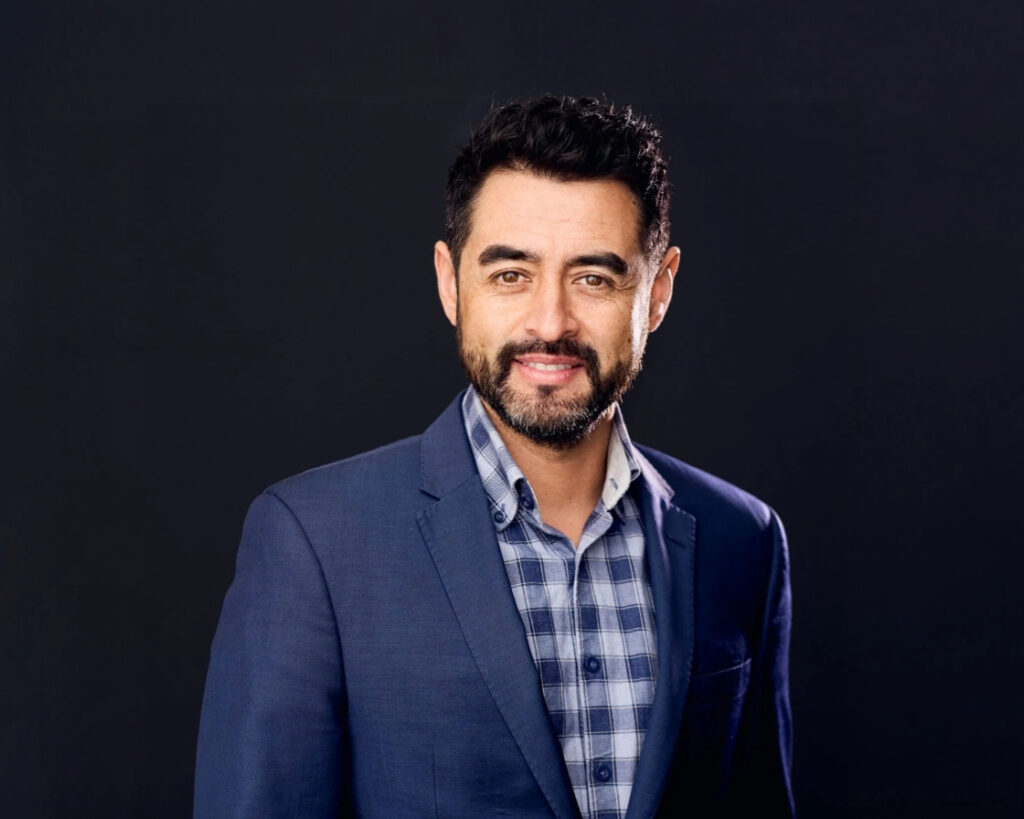
Principal Lawyer Daniel Moya
Meet Daniel Moya, Your Dedicated Australian Citizenship Lawyer
Moya Migration Law is led by Principal Lawyer Daniel Moya, who personally guides families through the Australian citizenship process for adopted children. With over two decades in migration law since 2002, Daniel offers experienced strategic advice for these important and often complex applications.
Daniel is committed to providing clear, plain-English assistance, ensuring the correct pathway and all documentation requirements for your adopted child’s citizenship are meticulously addressed. He offers dedicated, empathetic support to help secure your child’s future as an Australian citizen. Daniel also provides legal assistance in Spanish.
Request Your Free
15-Min Consultation
Adoption & Citizenship: Conferral, Descent, or Automatic?
Adopted children can gain Australian citizenship through various routes. Those adopted in Australia by a citizen parent and who are permanent residents may automatically obtain citizenship. International adoptions under agreements like the Hague Convention have specific application paths.
Most adopted children apply for “citizenship by conferral” as permanent residents, benefiting from residency exemptions. The “citizenship by descent” option, based on a parent’s citizenship at the child’s birth, can be more complicated for adoptions. It’s crucial to identify the right pathway for your child’s situation.


Essential Documents for Your Adopted Child's Citizenship
When applying for Australian citizenship for an adopted child, comprehensive documentation is essential. This usually includes adoption orders, legal documents (e.g., Hague Compliance Certificate), and evidence of the relationship with adoptive parents.
Standard identity documents for the child and proof of the adoptive parents’ Australian citizenship or permanent residency are also required. Properly prepared and certified documents are crucial for a smooth application.
Request Your Free
15-Min Consultation
Frequently Asked Questions about Australian Citizenship for Adopted Children
How can my adopted child become an Australian citizen?
Adopted children can become citizens in several ways, depending on the adoption type and circumstances. This includes automatic citizenship (for certain domestic adoptions if a PR), citizenship by conferral (often after gaining PR), or a direct application under specific Hague Convention/bilateral arrangements.
Does my adopted child need to be a permanent resident first?
For “citizenship by conferral” (a common pathway for adopted children, especially after expatriate adoptions or “simple” Hague adoptions), the child generally must be an Australian permanent resident at the time of application and decision. Some other pathways (like direct application under full Hague/bilateral adoptions) may not require prior permanent residency.
What is "citizenship by conferral" for adopted children?
This is where an adopted child, usually already a permanent resident, applies for citizenship. Children under 18 applying via conferral often do not need to meet the general residency requirements that adult applicants face.
Can an adopted child get "citizenship by descent"?
This pathway is complex for adopted children because it requires a parent to be an Australian citizen “at the time of the child’s birth.” Legal interpretations suggest this means a very narrow window around the birth, which can be difficult to meet through adoption processes occurring later.
What documents are needed for an adopted child's citizenship application?
Key documents typically include official adoption orders, evidence of the relationship between the child and adoptive parents, the child’s identity documents, and evidence of the adoptive parents’ Australian citizenship or permanent residency. Specific requirements vary by the citizenship pathway.
Our Services
Administrative Review Tribunal (ART) Appeals ART Visa Appeals
Visa refused or cancelled? Don’t give up hope. Experienced representation for your ART review to challenge the decision.
Visa Refusals
If your Partner Visa has been refused, Daniel Moya offers 20+ years of experience in achieving positive outcomes at the Tribunal.
Visa Cancellations
Facing visa hurdles like refusals, cancellations, or PIC 4020 issues? Get experienced advice and management for your unique circumstances.
Partner Visas
Begin your journey to permanent residency. Experienced support for all Partner Visa applications, navigating the complex system with confidence.
Protection Visas
Seeking asylum or facing persecution? Daniel Moya provides crucial guidance and strategic advice for complex Protection Visa applications.
Family Visa
Reunite with loved ones in Australia. Explore options for Parent, Child, Carer, and other Family Visas with clear, experienced advice.
Citizenship
Ready to become an Australian citizen? Navigate the application requirements and process smoothly with experienced legal support.
Notary Public in Adelaide Notary Public
Need documents notarised in Adelaide for international use? We provide prompt, convenient, and reliable Notary Public services.
Court Appeals (Judicial Review) Judicial Review
Unfavourable Tribunal ruling? Challenge appealable errors in the Federal Courts with experienced legal guidance for Judicial Review.
